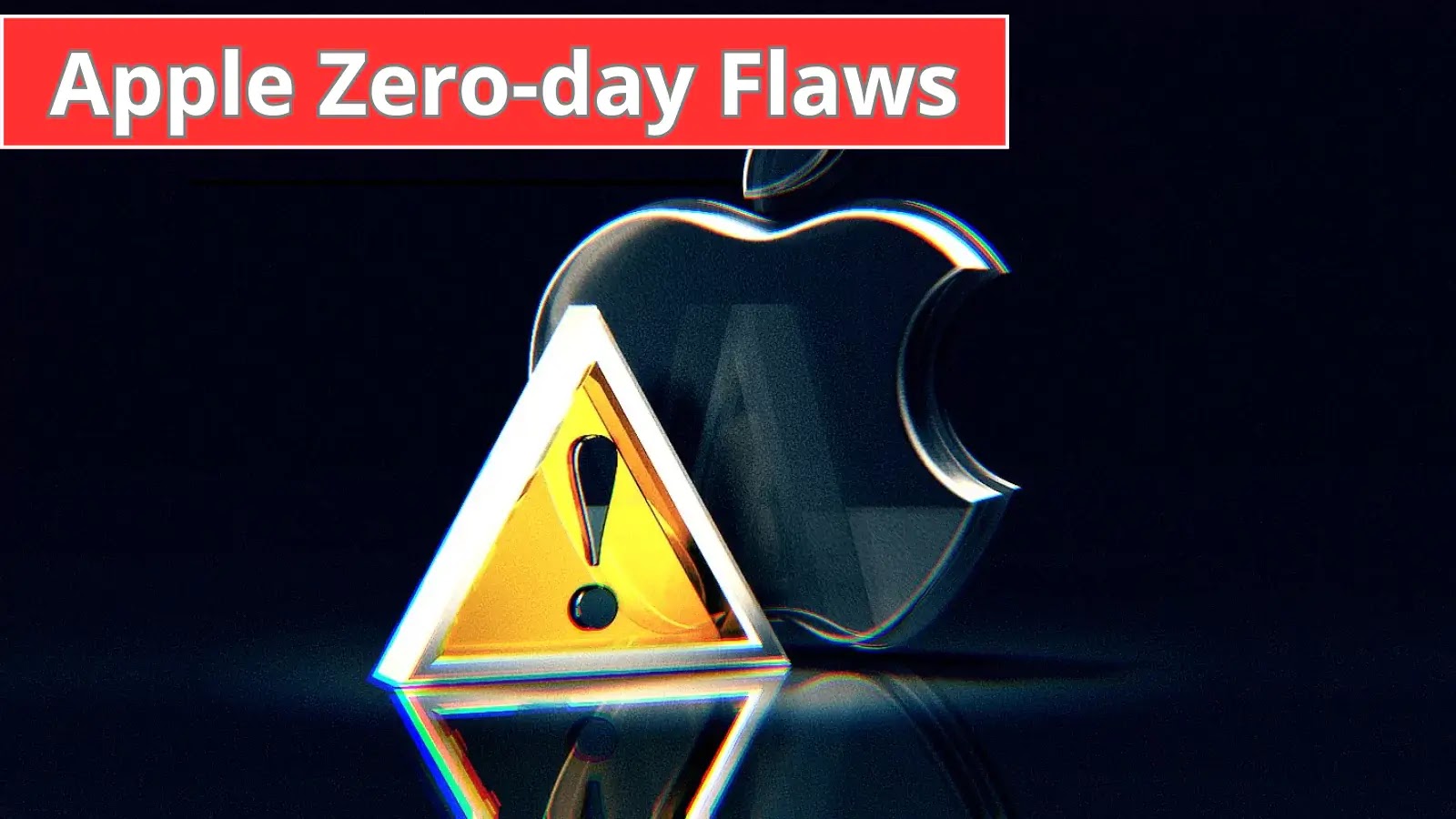Apple Fixes Zero-day Vulnerabilities Exploited To Attack iPhones, Macs, and iPads

Apple has issued security patches to handle zero-day vulnerabilities which contain been exploited in assaults in opposition to iPhones, Macs, and iPads that severely contain an impression on the digital security of Apple devices.
The firm claims to be attentive to reviews indicating energetic exploitation of these vulnerabilities.
“Apple is attentive to a document that this assert would possibly maybe merely contain been actively exploited,” the firm mentioned in an advisory.
Apple’s multi-platform WebKit browser engine and kernel ingredient tracked as CVE-2023-37450 and CVE-2023-38606, respectively, were stumbled on to encompass two zero-day vulnerabilities that the firm patched.
Particularly, Apple released Quickly Security Response (RSR) upgrades for iPhones, iPads, and Macs running doubtlessly the most trace variations of their working systems earlier this month to handle CVE-2023-37450.
CVE-2023-37450 – WebKit Vulnerability
WebKit, the browser engine broken-down by all other net browsers on iOS and iPadOS to boot to to Apple’s Safari, comprises the vulnerability tracked as CVE-2023-37450.
This vulnerability is activated when a prone browser processes particularly crafted malicious websites.
If efficiently exploited, it offers imperfect actors entry to the prone devices and the power to preserve out arbitrary code, giving them withhold an eye on over the infected system.
Devices Impacted:
All iPhone 8 and later devices, all iPad Pro devices, iPad Air (Third technology and later), iPad Fifth technology and later, and iPad mini (Fifth technology) devices are all tormented by this vulnerability. Extra, macOS Ventura is also among the affected systems.
CVE-2023-38606 – Kernel Vulnerability
The 2d flaw, CVE-2023-38606, is a brand fresh Kernel worm that has been broken-down in assaults in opposition to iOS devices running older variations.
“Apple is attentive to a document that this assert would possibly maybe merely contain been actively exploited in opposition to variations of iOS released sooner than iOS 15.7.1,” the firm mentioned.
Attackers would possibly maybe employ it to alternate sensitive kernel states on unpatched devices. Apple fastened the two flaws by enhancing checks and notify administration.
Essentially based on Kaspersky GReAT head security researcher Boris Larin, CVE-2023-38606 is a fragment of a zero-click on attack chain that’s broken-down to deploy Triangulation spyware on iPhones by assignment of iMessage exploits.
Devices Impacted:
The possibility posed by CVE-2023-38606 encompasses many Apple merchandise, alongside side iPhone devices beginning with the iPhone 6s and later macOS releases, alongside side Large Sur, Monterey, and Ventura.
All iPad Pro devices, iPad Air Third technology and after, iPad Fifth technology and later, iPad mini Fifth technology and later, and the iPod contact 7th technology are all impacted by this vulnerability.
Moreover, the firm backported security updates for tvOS 16.6 and watchOS 9.6 devices to handle the zero-day vulnerability (CVE-2023-32409) that changed into stumbled on in Might maybe moreover.
These security updates are now readily available for devices running tvOS 16.6 and watchOS 9.6.
With better input validation, bounds checks, and memory administration, Apple has effectively resolved the three zero-day vulnerabilities in macOS Ventura 13.4, iOS and iPadOS 16.5, tvOS 16.5, watchOS 9.5, and Safari 16.5.
Zero-Day Vulnerabilities Patched Since The Beginning Of The 300 and sixty five days:
- Three zero-days (CVE-2023-32434, CVE-2023-32435, and CVE-2023-32439) in June
- Three more zero-days (CVE-2023-32409, CVE-2023-28204, and CVE-2023-32373) in Might maybe moreover
- Two zero-days (CVE-2023-28206 and CVE-2023-28205) in April
- But every other WebKit zero-day (CVE-2023-23529) in February
Source credit : cybersecuritynews.com


